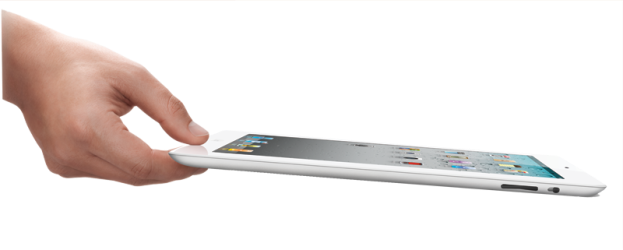
A new study by market analysis firm RichRelevance finds that iOS is definitely winning the mobile platform war—at least when it comes to getting its users to spend some money. According to RichRelevance’s analysis of some 3.4 billion shopping sessions between April and December 2011, devices running Apple’s iOS accounted for a whopping 88 percent of mobile shopping purchases in April, and 92 percent in December. The study also found that that the average order placed via iOS was higher than for orders placed via Android devices—$123 compared to $101—although they both overpowered orders places from desktop systems, which averaged a mere $87.
However, mobile shopping sales continue to account for a tiny proportion of U.S. retail sales, accounting for just 3.74 percent of all sales in December 2011 (estimated). However, that’s up from just 1.87 percent in April—meaning mobile sales have doubled in the last eight months—and mobile devices now account for 18 percent of shopping sessions.
“The numbers across our retailing partners sites demonstrate just how powerful the iOS platform is enabling mobile web shopping and, while still below 5 percent in total conversion, mobile traffic’s doubling in eight months is a trend we only see accelerating,” said RichRelevance CEO David Selinger, in a statement.
RichRelevance says its analysis is based on shopping sessions from April 1 through December 18, 2011, and includes data from small and specialty online merchants as well as 10 of the 25 largest online retailers.
RichRelevance’s analysis appears to be based on shopping sessions conducted via mobile devices’ built-in browsers, rather than sales conducted via market- or retailer-specific apps. Thus, the figures may omit software, game, and digital content sales, as well as in-app purchases. Nonetheless, RichRelevance’s results seem to indicate that while Android may now dominate smartphone sales, Apple’s iOS is by far the biggest player in mobile sales—and, for folks looking to increase mobile sales as ownership of smartphones and tablets proliferates, it means folks offering mobile shopping experiences will likely develop for iOS first—perhaps putting a bit of a crimp in Eric Schmidt’s recent forecast that Android Ice Cream Sandwich could become mobile developers’ first-choice platform by mid-2012.


